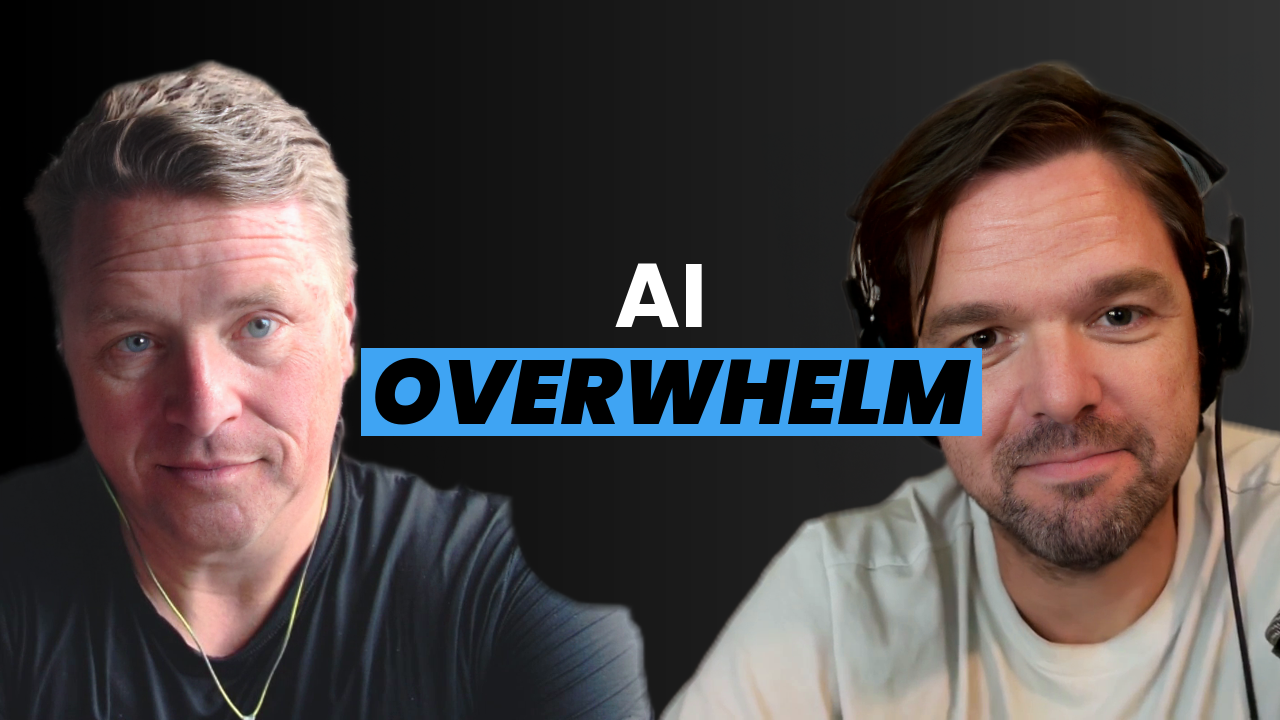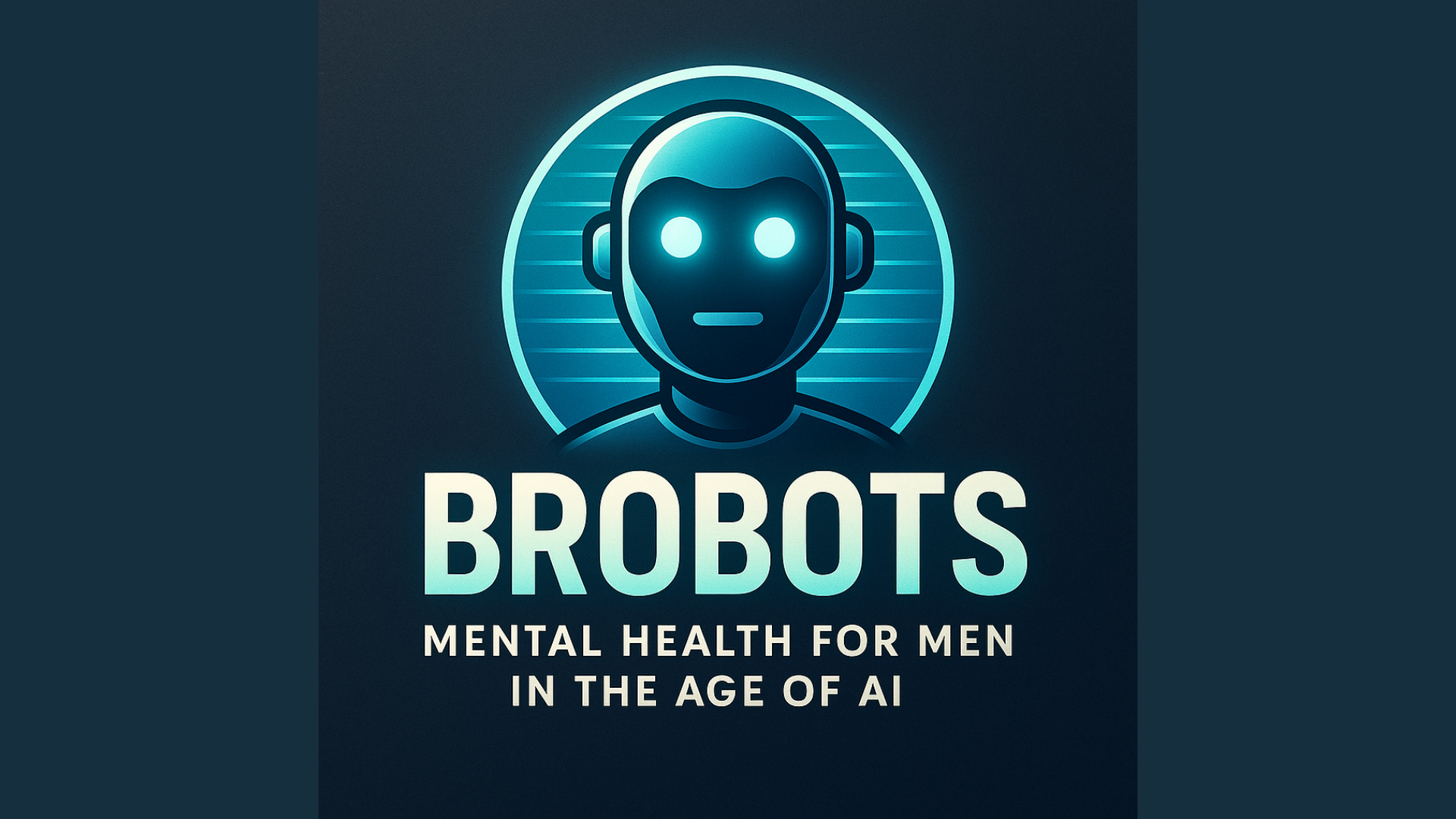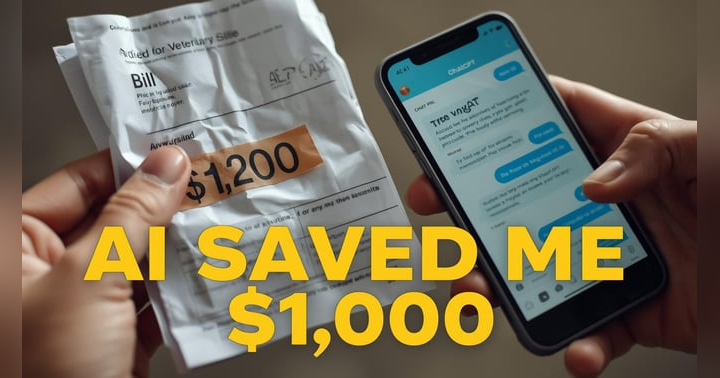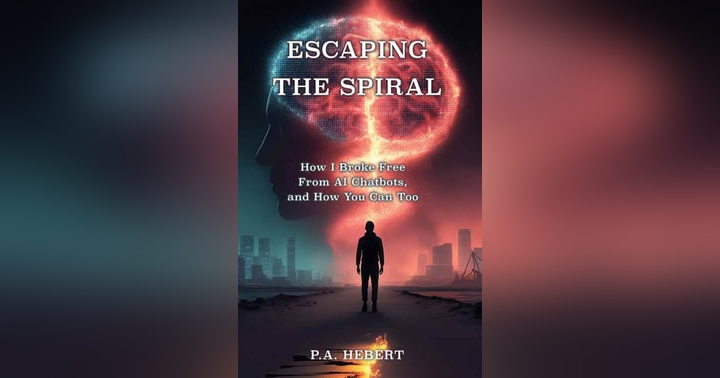How to Survive AI Overwhelm Without Becoming a Robot Yourself

The Superman movie relieved Jeremy's AI anxiety because the good guys won against the machines. For two hours, he could imagine a future where humans triumph over artificial intelligence. Then he walked out of the theater and got smacked in the face with seventeen LinkedIn posts about "7 ChatGPT prompts that'll make you rich or leave you homeless."
Welcome to 2025, where AI overwhelm isn't just a tech worker problem—it's a mental health crisis disguised as innovation anxiety.
The Anxiety Algorithm is Working Perfectly
Here's what nobody's telling you about AI overwhelm: it's intentional. Every piece of content screaming "master this or die" has one goal—selling you something. That course. That workshop. That premium subscription to their AI newsletter that'll "keep you ahead of the curve."
AI expert Patty, who curates AI content professionally, admits she has to walk away when the anxiety hits. "I start to get anxious and I have to stop. I have to press pause and walk away," she explains. If someone who works in AI feels overwhelmed by AI content, maybe the problem isn't your intelligence—it's the content itself.
The dirty secret of AI education: most creators are selling panic, not solutions. They need you scared enough to buy but hopeful enough to believe their product is the answer. Your mental health is collateral damage in their marketing funnel.
We're All Eating Digital Cereal
The cereal aisle used to have ten options. Now it has thousands of micro-variations that deliver the same nutritional garbage with different flavor profiles. AI tools work similarly—endless options producing homogenized thinking.
Chat with ChatGPT, Claude, or any other AI about the same question, and you'll get responses that are 80-85% identical. But ask five different humans the same question, and you'll get genuine variety. We're trading creativity for convenience without realizing the cost.
Jeremy discovered this when he asked AI for grief advice after a friend's tragedy. The response felt hollow, algorithmic, inhuman. "How am I so out of touch with my own human feeling that I can't find the words?" he wondered. The answer: we're outsourcing our humanity to machines, one interaction at a time.
The Employment Apocalypse Has a Timeline
While we debate whether AI will replace jobs "someday," tech giants are already showing us the answer. Microsoft, Amazon, and Google have eliminated 5-10% of their workforce over the past 18 months. The casualties? Middle managers who coordinate workflow. The survivors? Individual contributors who can use AI to augment their skills.
Bill Gates believes programmers, biologists, and energy experts are safe because they require "human creativity and critical thinking." But when artificial intelligence literally simulates human thinking, every job becomes questionable. The timeline isn't decades—it's happening now.
The Henry Ford paradox applies here: Ford paid workers enough to buy his cars because he understood they needed to be customers too. Today's companies eliminate employees to boost quarterly profits while ignoring a fundamental question—if everyone's unemployed, who buys the products?
Three Goals Beat Any AI Prompt
Patty's solution to AI overwhelm predates artificial intelligence entirely: "Find the three things in life that are important to you. What are your goals? Really commit to them and then see what is coming into your space and does it align with your goals."
This simple filter beats any ChatGPT prompt for life optimization. New AI tool launched? Does it serve your three goals? No? Push it away. Someone claiming you'll be "left behind" without their system? Check their LinkedIn bio for course sales first.
The most powerful resistance to AI overwhelm isn't technical—it's philosophical. Know what matters to you, then filter everything else accordingly. Your goals become your guardrails against digital noise.
Every morning, you have a choice: feed the anxiety algorithm or feed your actual priorities. The machines aren't taking over because they're smarter—they're taking over because we're too distracted by their notifications to think clearly about what we actually want.
Stop drowning in AI anxiety. Start swimming toward something that matters. Your sanity depends on remembering the difference.
Ready to dig deeper into staying human while AI advances? Listen to our latest episode of Brobots at brobots.me where we explore practical strategies for surviving the machine age without losing your mind.














